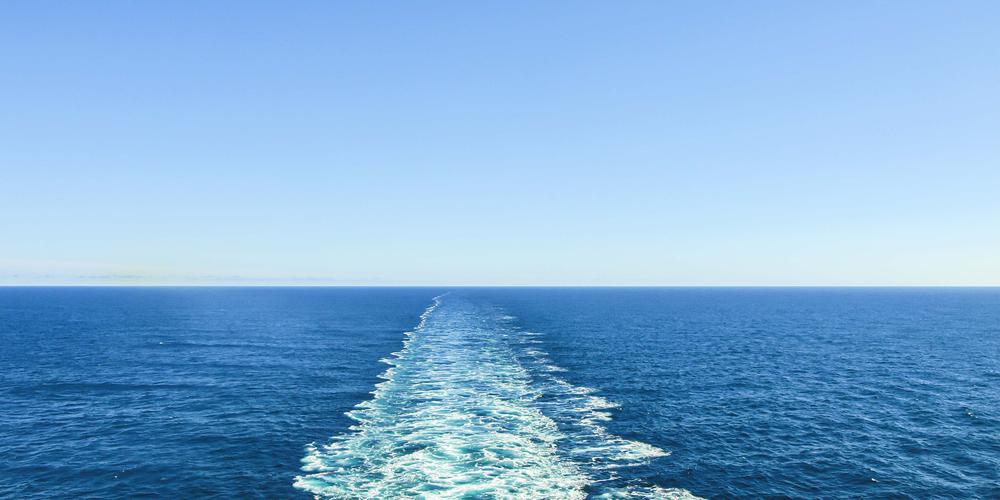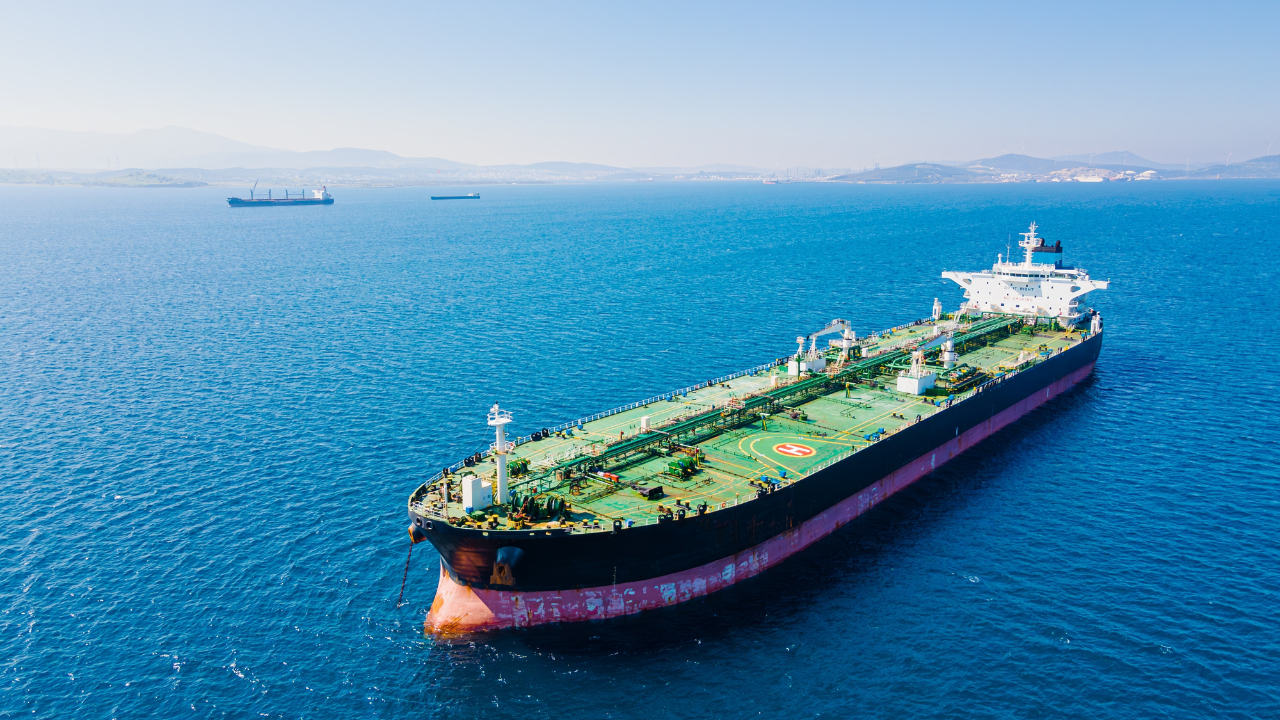


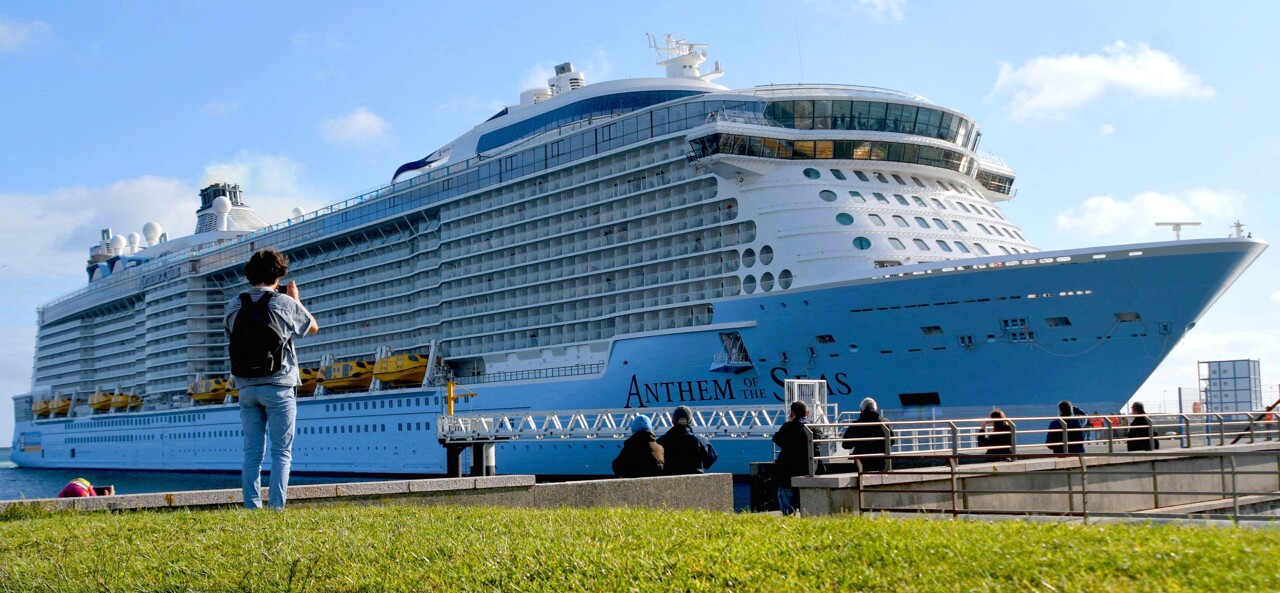
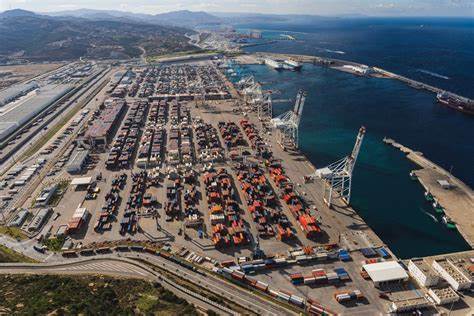
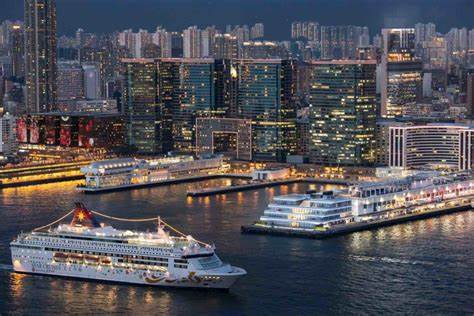

Environmental and Regulatory Compliance
– Environmental Protection :
– Pollution Control : Implementing measures to prevent and manage marine pollution from ships and offshore operations.
– Sustainability Practices : Adopting practices to reduce environmental impact, such as waste management and emission controls.
– Regulatory Compliance :
– International Conventions : Adhering to maritime regulations and conventions such as SOLAS (Safety of Life at Sea) and MARPOL (Marine Pollution).
– National Regulations : Complying with local maritime laws and regulations.
Eco-Tourism :
– Marine Reserves : Managing eco-tourism activities in marine protected areas, such as snorkeling and diving tours.
– Sustainable Tourism : Promoting tourism practices that minimize environmental impact and support local communities.
– Adventure Tourism :
– Cruise Adventures : Offering specialized cruise experiences such as polar expeditions, adventure cruises, and thematic voyages.
Marine Research and Development
– Scientific Research :
– Oceanography : Conducting research on oceanographic phenomena, marine ecosystems, and climate change impacts.
– Marine Biology : Studying marine life, habitats, and conservation efforts.
– Technology Development :
– Innovative Equipment : Developing new technologies for marine exploration, monitoring, and resource extraction.
– Automation and Robotics : Implementing automated systems and robotic technologies for underwater exploration and data collection.
MARINE BUSINESS ACTIVITIES
Marine business activities encompass a wide range of operations related to the sea, including shipping, maritime services, offshore exploration, and maritime trade. Here’s a detailed overview of key marine business activities:
Shipping and Transportation
- Cargo Shipping :
- Freight Services : Transportation of goods and commodities by container ships, bulk carriers, and tankers.
- Logistics Management : Coordinating the movement of cargo, including route planning, scheduling, and tracking.
- Passenger Shipping :
- Cruise Lines : Operating passenger cruises, including luxury, adventure, and expedition cruises.
- Ferries : Providing transport services for passengers and vehicles between ports.
- Ship Management :
- Fleet Operations : Managing the day-to-day operations of commercial vessels, including maintenance and crew management.
- Technical Management : Overseeing technical and engineering aspects, such as repairs, inspections, and compliance with maritime regulations.
Offshore Oil and Gas
- Exploration and Drilling :
- Offshore Platforms : Operating and managing offshore drilling rigs and platforms for oil and gas extraction.
- Exploration Services : Conducting geological surveys and seismic studies to identify potential drilling sites.
- Production and Transportation :
- Subsea Production : Managing underwater production systems for oil and gas extraction.
- Pipeline Transport : Developing and maintaining pipelines for transporting oil and gas from offshore platforms to processing facilities.
Maritime Services
- Marine Engineering :
- Shipbuilding : Designing and constructing new vessels, including commercial ships, naval ships, and specialized vessels.
- Repair and Maintenance : Providing repair services and regular maintenance for ships and marine equipment.
- Marine Insurance :
- Hull Insurance : Covering damage to ships and their machinery.
- Cargo Insurance : Protecting goods in transit against loss or damage.
- P&I Clubs : Providing protection and indemnity insurance for shipowners and operators.
- Marine Surveying :
- Cargo Surveying : Inspecting and assessing the condition of cargo during loading, unloading, and transportation.
- Vessel Surveying : Conducting inspections to ensure vessels meet safety and regulatory standards.
Port Operations
– Port Management :
– Port Authority Operations : Managing port facilities, including docks, terminals, and cargo handling equipment.
– Customs and Border Control : Overseeing customs procedures and border control for imports and exports.
– Terminal Operations :
– Container Terminals : Managing container handling, storage, and logistics within port facilities.
– Bulk Terminals : Handling bulk commodities such as coal, grain, and minerals.
Maritime Trade and Logistics
– International Trade :
– Import/Export : Facilitating international trade through the movement of goods across borders by sea.
– Trade Finance : Providing financial services related to maritime trade, such as letters of credit and trade insurance.
– Supply Chain Management :
– Inventory Management : Coordinating the supply of goods to and from ports, warehouses, and distribution centers.
– Distribution Networks : Developing and managing distribution networks for efficient cargo flow.
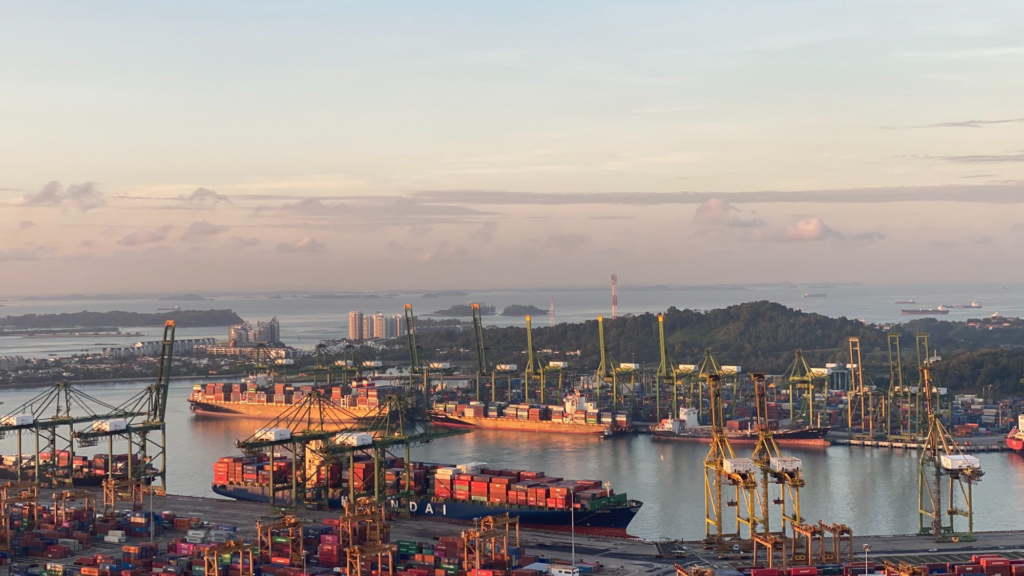
These activities demonstrate the diversity and complexity of the marine business sector, involving multiple disciplines and industries
If you need more details on any specific marine business activity or sector, let us know!
